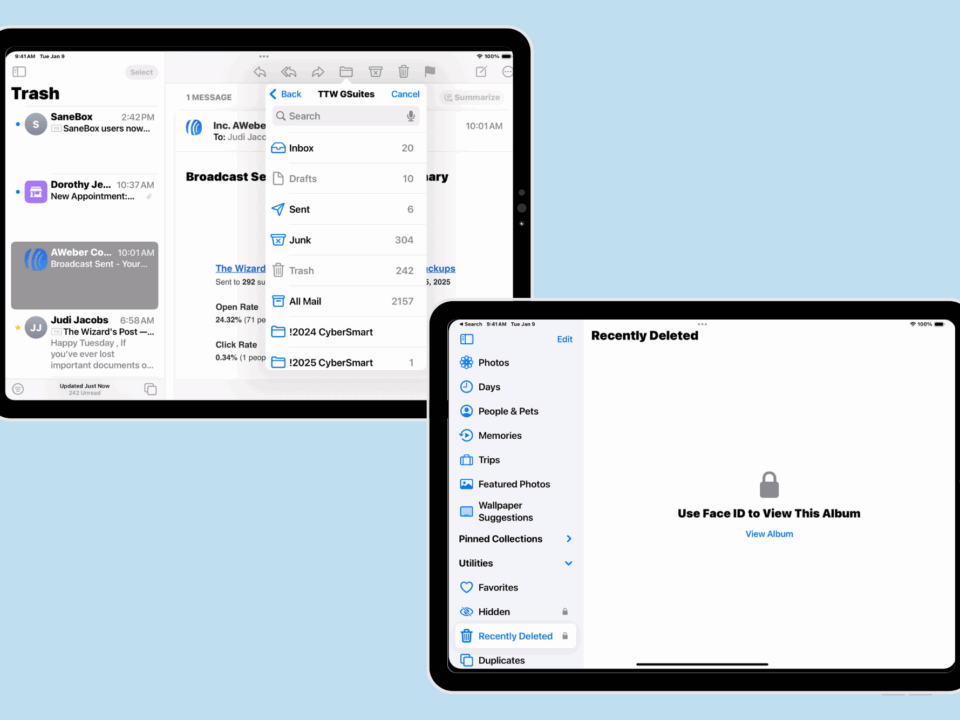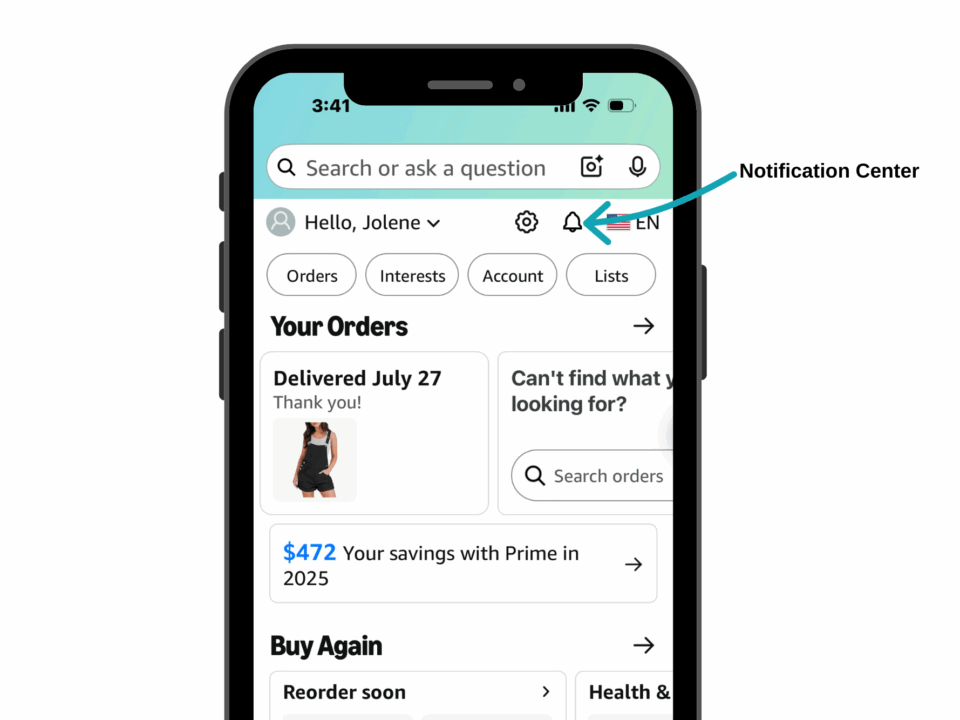
Using Technology to Reduce Travel Stress
May 2, 2018
The Power of Messaging Apps for Older Adults
June 1, 2018Unwanted telemarketing calls, robocalls and scams are nothing new. Yet these days it seems like they can be out of control, with your phone ringing off the hook. Not only are they annoying, but they can pose safety issues if you are not careful.
Block Robocalls Before They Get to You
To block telemarketing calls, the first thing to do is register your number on your country’s Do Not Call list. It protects both landline and mobile numbers, depending upon the local/national regulations. For those in the US, check out www.donotcall.gov.
Register your phone number and report unwanted calls. If you don’t remember whether you have already registered your telephone number, there is an option to check its status.
By the way, registrations on the Do Not Call list do not expire. Once you add a number to the registry, you do not need to go through the same process again.
The number of spam callers is growing at such a rate that they are harder than ever to manage. Using the Do Not Call registry is not enough to ward off these annoying calls. You can reach out to your phone provider to see if they offer robocall blocking technology, but it still isn’t enough.
Consider Using a Call Blocking App
I recommend also using one of the call blocking apps for your smartphone to help identify and block unwanted calls. Hiya is one of my favorites – it’s free and does a great job. Nomorobo is available for landlines and mobile devices. This app is highly rated but costs $1.99/month or $19.99/year.
CTIA, a trade association that represents the U.S. wireless communications industry, has a list of call blocking apps for both Android and iOS that is very helpful. It is always best to do your research and choose the one that is best for you.
Keeping Yourself Safe
While there is technology out there that can help block calls, here are some additional tips to protect yourself from any potential dangers for the calls that do get through.
Get educated! One of the best ways to keep yourself safe is to understand the ways they can trick you.
One trick commonly used is ‘spoofing.’ Spoofing occurs when a caller provides a false name on the caller ID display to disguise their identity. They do this to either catch you off guard or to scare you into answering. Some examples are:
- Using an area code to pretend they are from a specific location. Sometimes they mimic the area code and first three numbers of your telephone number to make you think it’s a real person calling you.
- Pretending to be your neighbor or someone you might know by mimicking your area code.
- Looking like they belong to the Internal Revenue Service or other government agency.
Scammers also use blocked numbers to trick you into answering the call. You may think it’s a doctor’s office or a loved one and be more inclined to pick up the call.
Do not answer unknown or blocked numbers – ever. A robocall or telemarketer won’t leave a voicemail. If it’s someone you need to talk to, they will leave a voicemail to let you know you missed the call. If you mistakenly answer, do not engage. Hang up immediately.
Never Give Out Personal Information
No one with a valid reason for calling will need any personal information such as bank account numbers, Social Security numbers, your mother’s maiden name or passwords. These people are very deceptive and believable but don’t be the victim. Hard and fast rules will keep you safe.
It is a good rule of thumb not to donate to charities over the phone. If someone calls claiming to be from your favorite charity, hang up.
A little bit of technology, a specific plan you adhere to and awareness of the various fraudulent techniques used, can reduce annoying calls and keep you protected from the dirty tricks of scammers.
Have you been the victim of a phone scam? If so, what did you learn from the experience? What have you changed to help protect yourself? We can all learn lessons from each other.
(This article was originally posted on Sixty and Me)






